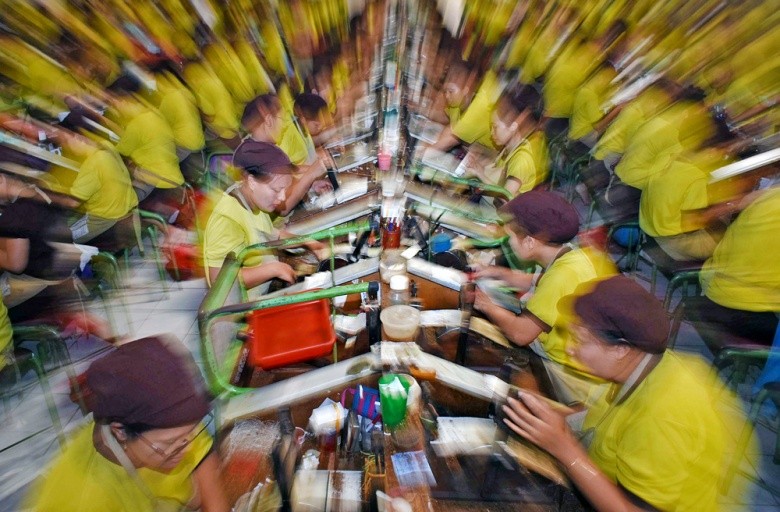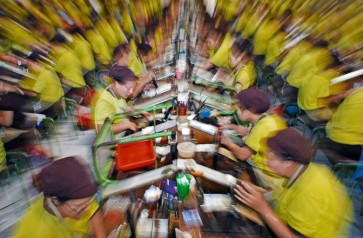Popular Reads
Top Results
Can't find what you're looking for?
View all search resultsPopular Reads
Top Results
Can't find what you're looking for?
View all search resultsTax hike not enough to secure smoke-free Indonesia
You can earn less than $1 a day and still smoke.
Change text size
Gift Premium Articles
to Anyone
T
oday, almost 20 percent of Indonesian youths smoke. Thanks to the low price of cigarettes and other tobacco products, the country boasts one of the world’s highest smoking rates among youths and adults. Tobacco products are also readily available at warung (kiosks) on every corner, whether in megacities or villages.
Recently, however, the Finance Ministry announced a decision to increase excise by an average of 12 percent for a range of tobacco products. While the rise seems huge during the pandemic economic slowdown, is this a public health victory or merely an annual ritual? Will such a tax hike deter addicts from smoking?
From 2015 to 2020, the Joko “Jokowi” Widodo administration raised tobacco excise by around 75 percent. In January 2021, a further 12.5 percent rise was imposed. There were three reasons for this policy, namely to reduce consumption, regulate the industry and boost government revenue. In 2020, the estimated government revenue from tobacco excise alone was Rp 173 trillion.
At the other end, with a long chain of intermediaries, farmers might be the most severely hit by this excise, particularly during the pandemic. In a recent press release, the Finance Ministry said it would complement the tariff increase with a profit-sharing fund from tobacco taxation. The fund will help farmers and factory workers with direct cash assistance, upskilling and working capital.
Indonesian tobacco corporations make up some of the largest profits. The large consumer base, domestic produce and relatively low price mean their businesses have been largely unaffected by the pandemic. Unlike most industries, people buy cigarettes and other tobacco products out of “need”. Tobacco is no longer considered a luxury or good-to-have; for most, it is a must-have, basic need or necessity equivalent to, if not more important than, food, water, air, clothes and shelter.
This is why there is a further tax rise on tobacco products. The aim is to reduce the number of hospital beds for smoking addicts who are prone to COVID-19 infection. Having more of such patients will weigh heavily on the Health Care and Social Security Agency (BPJS Kesehatan) insurance system.
Notwithstanding, the excise hike seems insufficient to secure a smoke-free Indonesia. Despite predictions that such an increase will push down smoking rates, addiction is hard to break. In a study by Forum Warga Kota Jakarta, cigarettes are considered the second priority after rice, particularly in low income families, which constitute 70 percent of smokers. “Smoking makes someone poor,” uttered Finance Minister Sri Mulyani Indrawati. It impoverishes one’s health and financial well-being.



















